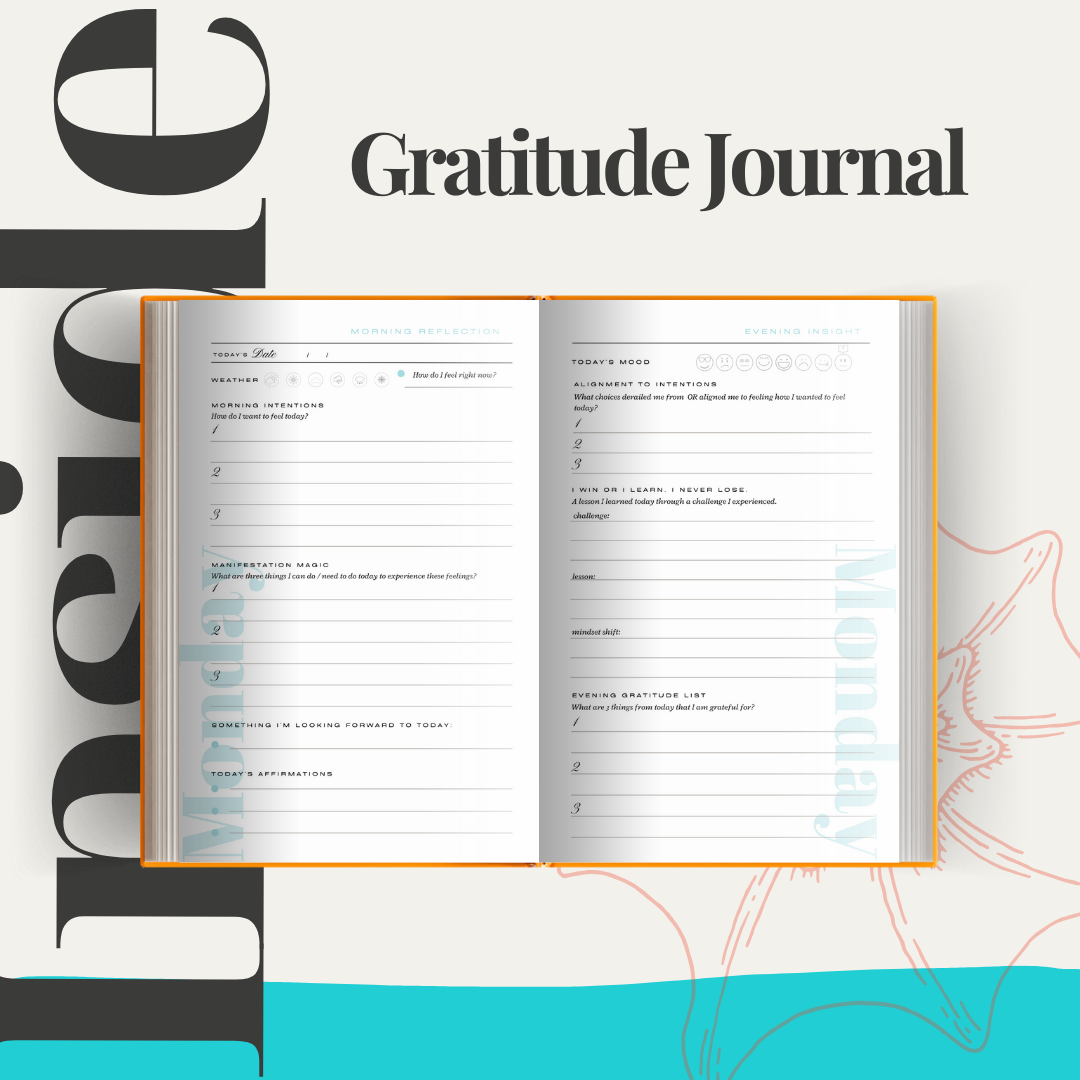Eldest Daughter in a Brown Family
The role you didn't audition for, but somehow got cast in.
Picture this: you’re born, and instead of a “Welcome to the World!” banner, your career has already been pre-selected, and the universe hands you a to-do list. Somewhere between being the first to arrive and the last to rest, you quietly become the family’s CEO, counsellor, and mental cloud storage. If you’re the eldest daughter in a brown family, you know exactly what I’m talking about — you didn’t just grow up; you were assigned responsibilities from the moment you could hold a bottle and calm your crying sibling. While other kids were out living their carefree lives, you were busy translating utility bills, helping with homework, and explaining your parents’ WhatsApp glitches. You were everyone's “go-to person” before you even knew what boundaries were. And trust me, when brown families hand you the title of “the responsible one,” they mean it — you’re responsible for everything.

When the Crown Comes with Chains
You know the story. You’re born, and for a while, life is sweet. You’re the golden child, the pride of the family, the reason your parents beam with joy when neighbors ask, “Beta kaisi hai?” But then — disaster strikes. A younger sibling arrives, and suddenly your entire life changes.
You’re not just the eldest; you’re now the assistant parent. The second a younger sibling appears, your role shifts from “child” to “responsible adult-in-training.”
You loved them, of course. Who wouldn’t want a little sidekick? But no one tells you that this new addition to the family comes with an unspoken job description:
- Share your toys.
- Share your attention.
- Share your dreams.
- Share your entire identity.
At five years old, you’re helping your parents calm the crying baby. At eight, you’re doing your little brother’s homework because he “doesn’t get it.” By 15, you’re lowkey raising your sister while your mom’s working late.
And all of this? Expected. A given. Because “beta, you’re the older one — you should understand.”
Project Child: The Family Guinea Pig
Let’s talk about being the “Project Child” for a moment, because every eldest daughter knows what I mean. Your parents love you, yes. But they’re also figuring out parenting on you.
Their discipline? Experimental. Their expectations? SKY-HIGH. You are the test subject for every parenting strategy they’ve ever seen in Bollywood movies or learned from the Watsapp group aunties.
“Beta, sirf 90%? What happened to the other 10%?”
“Beta, you’re the elder sister. You should be an example.”
Translation: You have no room to fail.
As the eldest, you’re held to an impossible standard. You’re the family’s trailblazer and sacrificial goat all at once. Anything you achieve is expected, and anything you fail at feels like a family-wide catastrophe that is gossiped about in immense detail at the next family get-together.
By the time your younger siblings roll around, your parents are parenting experts — relaxed, wise, and forgiving. If your little brother doesn’t study, he’s just “not interested in academics.” If you got anything less than perfect, though? Disgrace.
Enmeshment Guilt: When “No” Is a Foreign Concept
One of the unique struggles of eldest daughters in brown families is enmeshment. If you’re wondering what that means, it’s simple: your life and your family’s life are so tangled up that personal boundaries feel like a betrayal.
Your dreams? They’re not just yours. Your success? It’s the family’s success. Your struggles? Hidden, so they don’t “worry too much.”
You can’t say “no” because it feels like rejecting the people who’ve sacrificed everything for you. You can’t take a day for yourself without guilt whispering, “Didn’t Mom leave her country for you? Didn’t Dad work double shifts? They’re getting old…the least you can do is help out.”
And even when you’re running on fumes, the guilt won’t let you rest. You could be juggling school, work, your siblings, and an existential crisis, and still, your family might hand you one more thing to do because they trust you to “figure it out.”
“Beta, you’re so strong.”
“Beta, we know you’ll do it.”
Here’s the uncomfortable truth: hyper-independence is not a personality trait. It’s a trauma response. Being praised for being “strong” when you’re drowning is not the compliment you think it is.
The Therapist Nobody Pays For
Eldest daughters in brown families are the emotional glue that holds everything together. If there’s a fight, you’re the mediator. If someone’s upset, you’re the listener. If your dad’s venting about work stress or your mom’s whispering about her worries, you’re the sponge soaking it all up.
You get so used to being the problem-solver that your own problems feel irrelevant. Everyone leans on you, but when you need someone to lean on? Crickets.
And let’s not even get started on crying. If you cry, everyone freaks out.
“Beta, what happened? Are you okay?”
“Don’t cry, it makes us sad to see you like this.”
Suddenly, you’re consoling them for your tears.
At some point, you become so good at hiding your struggles that even you forget what it feels like to ask for help. Hyper-independence becomes your default, and God forbid you ever dare admit weakness.
By the time you’re an adult, you’ve worn so many hats: daughter, sister, parent, therapist, fixer, that you forget to figure out who you are. What do YOU like? What do YOU want? Who are you when no one’s asking you for something?
The Pressure to Be Perfect, Because “Log Kya Kahenge?”
Ah, yes. The classic “log kya kahenge” pressure. Brown families love this one. If you’re the eldest daughter, you’re not just living for yourself — you’re living to protect your family’s reputation. Because when you’re brown, everything you do is scrutinized and gossiped about by the Aunties. (I’ll write about that in another post).
Got bad grades? “Log kya kahenge?”
Didn’t pursue the career they dreamed for you? “Log kya kahenge?”
Taking care of your mental health? “Why are you sad? You have everything.”
The pressure to be perfect isn’t just about you – it’s about the entire lineage. You carry the honour, the hopes, and the dreams of everyone who came before you. That’s why even thinking about putting yourself first feels selfish.
But here’s the truth: perfection is a myth. You don’t owe anyone a spotless record or a life free of “mistakes.” You owe yourself peace, rest, and joy.
The Invisible “You” Under the Titles
By the time you’re an adult, you’ve worn so many hats: daughter, sister, parent, therapist, party planner, fixer, that you forget to figure out who you are. What do YOU like? What do YOU want? Who are you when no one’s asking you for something?
Sometimes, you pause and realize: I don’t even know…
You’ve spent so much of your life living for other people that your own dreams feel like they belong to someone else. You might even feel guilty for having them.
But you deserve to have a life outside of your family. You deserve joy that doesn’t come with obligations. You deserve to exist for yourself in some way.
Breaking the Cycle, One Small Step at a Time
Listen, girlies. Being the eldest daughter in a brown family isn’t easy. The lack of boundaries, the guilt, the perfectionism – it’s exhausting. But if you’re reading this, let me remind you: you’re allowed to put yourself first.
Here’s how you start:
- Set Tiiiinny Boundaries
Start small. Maybe it’s not saying, NO when someone hands you another task. Instead maybe it’s asking for help, even if it feels unnatural. You don’t have to fix everything all the time all by yourself. - Say “No” Without Over-Explaining
You don’t owe anyone an essay when you say no. Just say it….and then run. Lol, OK, saying no is an example of an “unrealistic boundary” in the context of brown families because you probably won’t hear the end of it. BUT what works is if you say: ” I have a really important ____________(insert something work or school related) due, can I do this for you a bit later? With any luck, parents will never get in the middle of your work/school and by the time you’re done, they will have roped your sibling, auntie etc into helping them. - Carve Out Space for Yourself
Whether it’s 10 minutes of alone time or a hobby that brings you joy. CLAIM something that’s just for you. You’re allowed to exist outside your responsibilities. - Speak Your Truth
Tell your family how you feel — about the pressure, the guilt, the exhaustion. They may not fully understand, with 90% likely to jump to making it about them and how you’re an ungrateful child, but opening the conversation is a step toward change. Pro tip: try saying this without putting the blame on them – so basically don’t free fall into speaking about your feelings so openly that you forget to watch your words. - Remember: You Are Enough
You don’t have to prove your worth by overworking, over-giving, or over-sacrificing. You are worthy just as you are. (Sign up to our subscription and download affirmations that work and prompts that help you work through your feelings.)
Cheers to Us: The Eldest Daughters Who Keep Going
To all my eldest daughters in brown families: I see you. I see the invisible work you do, the sacrifices you make, and the weight you carry. You’re not “ungrateful” for wanting more, and you’re not selfish for needing rest.
You’ve been holding the world up for so long. It’s time to let some of that weight go.
So here’s to you — the CEO of Everything except maybe your own life. The fixer, the leader, the unshakable rock. You deserve care, freedom, and joy just as much as anyone else. Don’t let guilt convince you otherwise.
While other kids were out riding bikes or mastering the monkey bars, you were busy perfecting the art of juggling — and I don’t mean for fun. One hand was rewriting completing your homework, the other was flipping chapatis, and somewhere in between, you were troubleshooting your dad’s phone because “the Wi-Fi stopped working.”
But, as exhausting as it can be, you did develop some amazing qualities from being thrust into this role. You’re the one your siblings look up to, the one your parents trust when they need steady hands. And while it’s not always fair, it’s also proof of how capable, dependable, and absolutely bad*ss you are. You’ve been through the wringer and somehow emerged stronger, wiser, and maybe even a little funnier because of it. So, take a moment to celebrate yourself. And when you can, remind yourself that you don’t always have to juggle alone. It’s okay to drop a ball or two and focus on you, because no one deserves to shine more than the eldest daughter who’s done it all. So with that, I’ll leave you until next week – until them remember to be kind to yourself and those around you!
